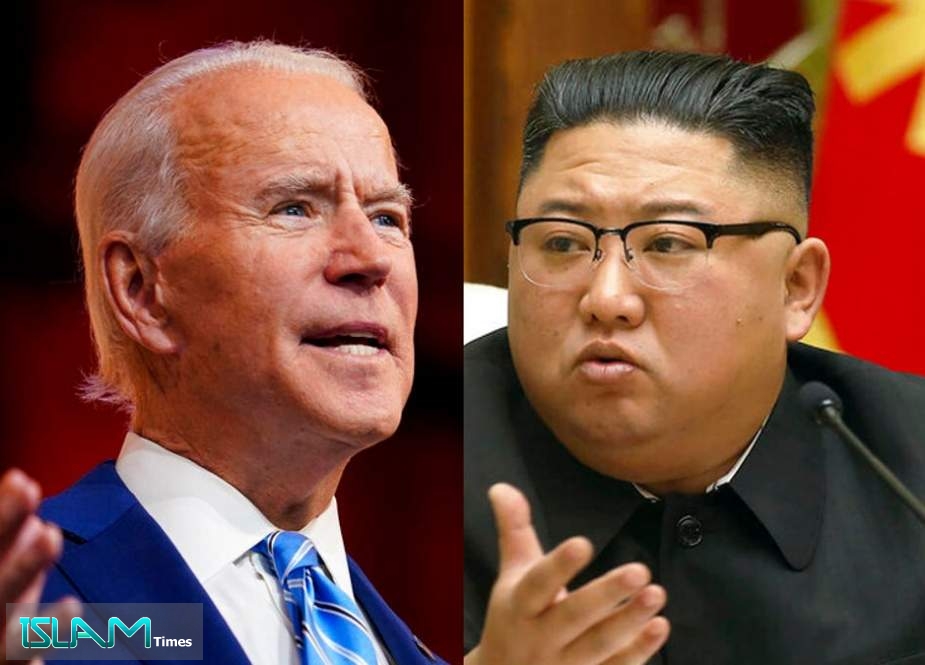

He warned that could negatively impact addressing domestic human rights issues – as well as issues of abductees from Japan and the separation of North and South Korean families. Quintana said that North Korea is at an unprecedented level of isolation due to COVID-19 measures, expressing concern that could become its new normal. “We are really, really concerned about to what extent the prisoners, especially those in the political prison camps, are facing hunger due to lack of adequate food,” he said.Įmployees produce wheat cakes stuffed with meat at the Kumsong Foodstuff Factory in Pyongyang on Sept. He said with travel restrictions and growing economic difficulties, families may not be able to assist their incarcerated relatives.įor political prisoners, the situation is even more unclear, as the government denies the existence of forced labor camps, which, Quintana said in his view, “represent the most serious human rights situation in the country.” He also expressed growing concerns about prisoners’ access to adequate food.ĭetainees often rely on their families to feed them in North Korea. Quintana, an Argentinian human rights lawyer, will conclude his mandate as special rapporteur at the end of this year. Pyongyang has joined the global facility for obtaining COVID-19 vaccines, called Covax, but it has not fulfilled the necessary steps to receive vaccines through the facility, he noted. He said North Koreans should not have to choose between the fear of hunger and the fear of COVID-19. Those discharged from compulsory military service and returning home have no jobs, income, or food to survive,” he wrote in his annual report. “The number of homeless people and street children is increasing. General Assembly committee that deals with human rights issues, Quintana said the price of staple items like rice and corn have risen in parts of the country, and there are shortages of essential medicines and medical supplies that come from neighboring China. “The draconian steps that DPRK state has taken to prevent COVID-19 entering, include a policy of shooting individuals who try to enter or leave the country,” the special rapporteur said, using the abbreviation for North Korea’s formal name.

UN Special Rapporteur on the situation of human rights in North Korea, Tomas Ojea Quintana attends a press conference after delivering his report before the Human Right Council, on Main Geneva.


 0 kommentar(er)
0 kommentar(er)
